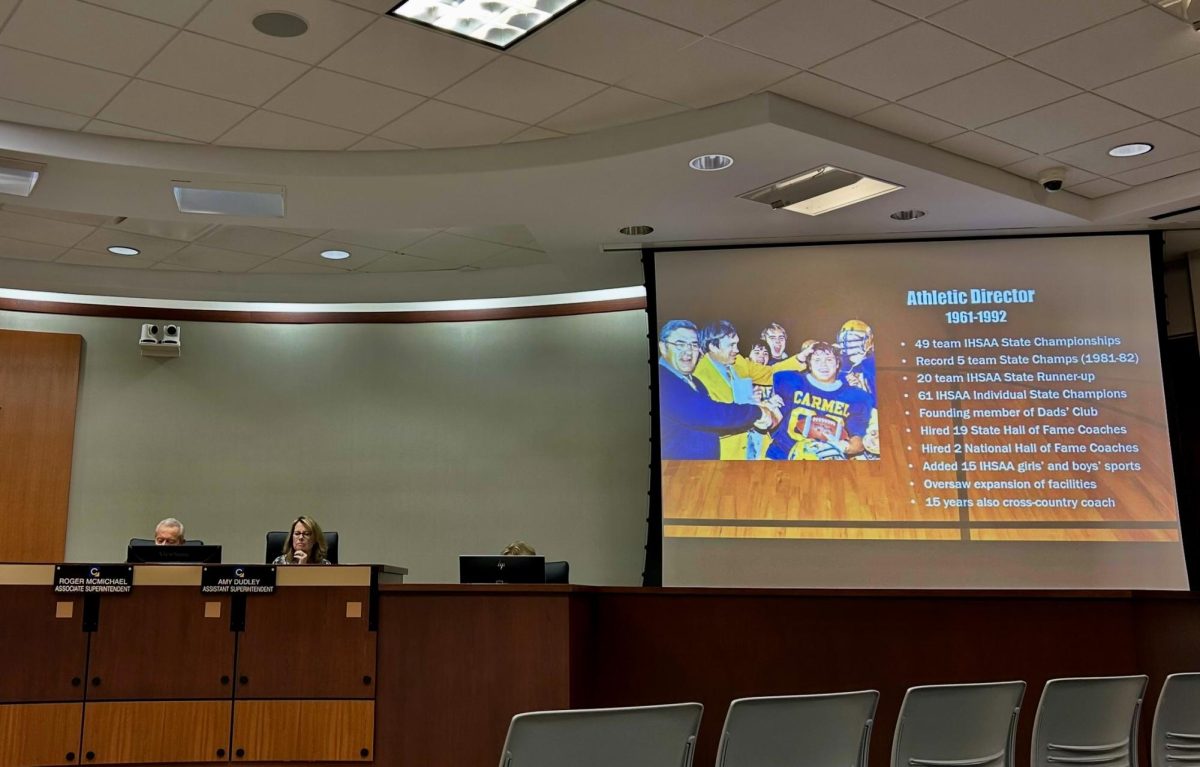Junior Ethan Stanley said when he is looking for something to do, he pulls out his guitar to record, uses a program called Mixcraft to add tracks and puts the finished product on SoundCloud to share with people.
“I don’t do it necessarily for money. It’s just kind of a hobby of mine,” he said.
As artists, Stanley and others who may consider profiting from the music they make face a set of unique difficulties, including the growing issue of music piracy. However, according to a March 2013 study, piracy may not be such a large problem after all. The study, conducted by two European Commission researchers, shows that it may have a negligible effect on the music industry. It’s a claim that, though highly disputed, raises questions about piracy and its true consequences.
According to Stanley, he never pirated music even before he became a serious musician.
“I don’t pirate music because it’s very illegal and personally, from a moral standpoint, if you just download (music) for free, people who make their profit from music are not getting anything from it,” he said. “They’re not getting any reward from all the hard work they put into it.”
Though he currently distributes his music for free, Stanley said he might one day consider selling it. In any case, he said, being an artist himself has influenced his perspective on piracy.
“Making songs takes a long time,” he said. “It takes nights and maybe even weeks for a big (music) project, so just putting it all to waste and giving it out for free if you’re trying to make a profit is worthless. It’s not right, in my opinion.”
Brian Spilbeler, broadcasting teacher and station adviser at WHJE, said he also disagrees with the assertion that music piracy does not affect the
music industry.
“My assumption would be that it does affect the music industry, since the music industry in the past has been based on the sale of albums and records and so on,” he said. “When people can obtain the music without paying for the album or the record, that could have an impact on the music industry.”
According to Spilbeler, the issue of piracy requires a line to be drawn between what is and is not ethical.
“I think there are plenty of arguments where people would say, ‘Well, if I buy the CD and I put it into a digital format and I share it with my friends, what’s the difference between that and handing a CD to a friend of mine that I know?’” he said. “There’s a line there that we’re drawing in terms of the concepts of what you buy and (whether) you can share it.”
Spilbeler said he believes pirating music falls on the unethical side of the line.
“Pay for your music because it’s other people’s intellectual property, and if they were to put out a CD and spend their time and efforts putting together that kind of product, they would probably want to be rewarded for it,” he said. “When you take other people’s work, and you do it in a way that does not give that person the money or the credit that they should have, I think that (you) cross lines that (you) shouldn’t cross.”
As an artist, Stanley said he also encourages students not to pirate music from artists they enjoy listening to.
“Definitely don’t (pirate music),” he said. “You’ve got to respect the artist and what he or she does. Keep that in mind.” the artist’s music.”




























![Keep the New Gloves: Fighter Safety Is Non-Negotiable [opinion]](https://hilite.org/wp-content/uploads/2024/12/ufcglovescolumncover-1200x471.png)






!["Wicked" poster controversy sparks a debate about the importance of accuracy versus artistic freedom [opinion]](https://hilite.org/wp-content/uploads/2024/11/riva-perspective-cover-1200x471.jpg)









































![Review: “We Live in Time” leaves you wanting more [MUSE]](https://hilite.org/wp-content/uploads/2024/12/IMG_6358.jpg)
![Review: The premise of "Culinary Class Wars" is refreshingly unique and deserving of more attention [MUSE]](https://hilite.org/wp-content/uploads/2024/12/MUSE-class-wars-cover-2.png)
![Introducing: "The Muses Who Stole Christmas," a collection of reviews for you to follow through winter [MUSE]](https://hilite.org/wp-content/uploads/2024/12/winter-muse-4.gif)
![Review: "Meet Me Next Christmas" is a cheesy and predictable watch, but it was worth every minute [MUSE]](https://hilite.org/wp-content/uploads/2024/11/AAAAQVfRG2gwEuLhXTGm3856HuX2MTNs31Ok7fGgIVCoZbyeugVs1F4DZs-DgP0XadTDrnXHlbQo4DerjRXand9H1JKPM06cENmLl2RsINud2DMqIHzpXFS2n4zOkL3dr5m5i0nIVb3Cu3ataT_W2zGeDAJNd_E-1200x884.jpg)
![Review: "Gilmore Girls", the perfect fall show [MUSE]](https://hilite.org/wp-content/uploads/2024/11/gilmore-girls.png)
![Review in Print: Maripaz Villar brings a delightfully unique style to the world of WEBTOON [MUSE]](https://hilite.org/wp-content/uploads/2023/12/maripazcover-1200x960.jpg)
![Review: “The Sword of Kaigen” is a masterpiece [MUSE]](https://hilite.org/wp-content/uploads/2023/11/Screenshot-2023-11-26-201051.png)
![Review: Gateron Oil Kings, great linear switches, okay price [MUSE]](https://hilite.org/wp-content/uploads/2023/11/Screenshot-2023-11-26-200553.png)
![Review: “A Haunting in Venice” is a significant improvement from other Agatha Christie adaptations [MUSE]](https://hilite.org/wp-content/uploads/2023/11/e7ee2938a6d422669771bce6d8088521.jpg)
![Review: A Thanksgiving story from elementary school, still just as interesting [MUSE]](https://hilite.org/wp-content/uploads/2023/11/Screenshot-2023-11-26-195514-987x1200.png)
![Review: "When I Fly Towards You", cute, uplifting youth drama [MUSE]](https://hilite.org/wp-content/uploads/2023/09/When-I-Fly-Towards-You-Chinese-drama.png)
![Postcards from Muse: Hawaii Travel Diary [MUSE]](https://hilite.org/wp-content/uploads/2023/09/My-project-1-1200x1200.jpg)
![Review: "Ladybug & Cat Noir: The Movie," departure from original show [MUSE]](https://hilite.org/wp-content/uploads/2023/09/Ladybug__Cat_Noir_-_The_Movie_poster.jpg)
![Review in Print: "Hidden Love" is the cute, uplifting drama everyone needs [MUSE]](https://hilite.org/wp-content/uploads/2023/09/hiddenlovecover-e1693597208225-1030x1200.png)
![Review in Print: "Heartstopper" is the heartwarming queer romance we all need [MUSE]](https://hilite.org/wp-content/uploads/2023/08/museheartstoppercover-1200x654.png)



